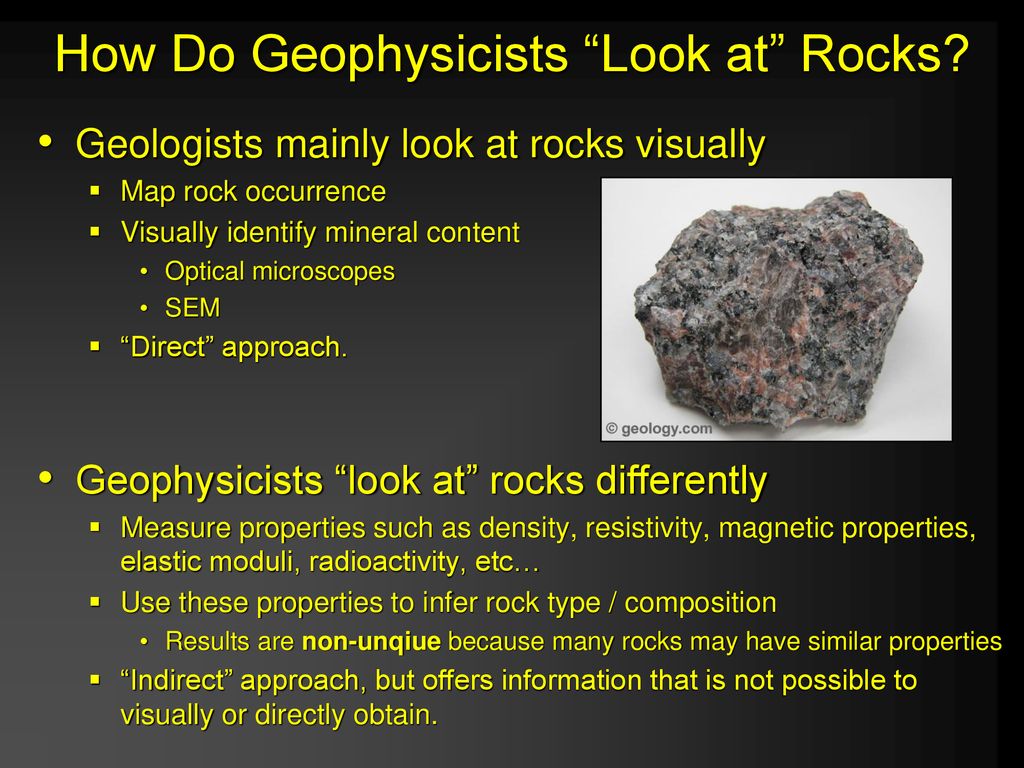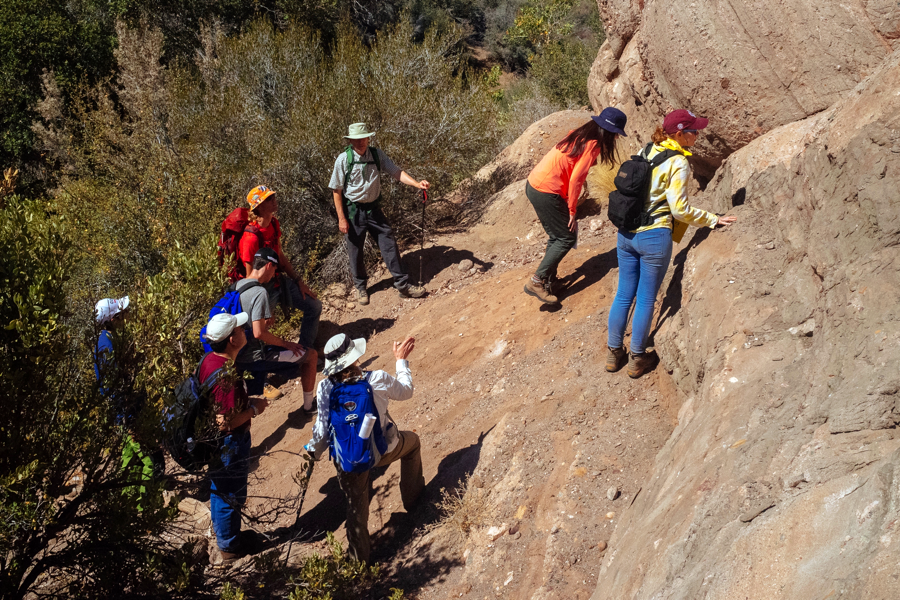All Categories
Featured
Table of Contents
Geophysical Surveys Definition & Meaning In Stock ... in Guildford Western Australia 2022

Other possible geophysicist majors that aren't geophysics or geoscience consist of: Climatic sciences and meteorology Chemical and physical oceanography Earth science Environmental science Hydrology and water resources science Products science By making any geophysicist degree, and by taking the required geology courses, you ought to get approved for an entry-level position as a geoscientist or geophysicist.
Ultimately, students should discover: a branch of geology that takes a look at the different elements of minerals, consisting of chemical composition, internal crystal structure, and physical properties. the study of rocks and the processes and conditions that form and transform them with time. There are a few subdivisions in this branch of geology, consisting of igneous, metamorphic, and sedimentary rocks.

This field analyzes structural rock functions such as cleavage, faults, joints, and small folds. They should likewise discover the computer system skills required to: analyze information develop digital models and maps run geoscientists' software Trainees need to likewise take benefit of all chances to acquire real-world experience. Hopeful geophysicists should anticipate to hang out learning: in the classroom in the field in labs Certainly, skills taught in the classroom are really crucial for aiming geophysicists.
Geophysical Surveys For Planning & More in North Beach Oz 2020
For instance, geoscientists spend a lot of their time outside when operating in the field, so they need to possess "outside abilities" like camping and operating boats, aircraft, and other cars. Since they spend a lot time in remote areas, it's necessary that geophysicists also have the physical endurance to carry required equipment on their walkings to areas of research study.
The job uses: a high typical and top incomes a high rate of personal complete satisfaction amongst geophysicists low work stress positive task outlook Additional info on revenues capacity and job outlook is detailed below. For trainees looking to land an entry-level role as a geoscientist or geophysicist, it takes 4 years, or the time needed to finish a bachelor's degree in geophysics or a related discipline.
Some research study positions in geophysics require doctoral degrees. If you plan to teach at a college or university, you must earn a Ph. D. in geophysics or an associated field. The time it takes to earn a Ph. D. differs by organization and program, but it usually takes four to six years beyond the bachelor's degree.
Geophysical Surveys For Petroleum in Darlington Western Australia 2022
A lot of employers need prospects to have a bachelor's degree in geophysics or a closely related discipline for all entry-level positions. As an outcome, there's no method around the degree requirements for becoming a geophysicist.
Presently, 31 states require licensing for geologists, although licensing is not always needed, especially for entry-level work. The states that do issue licenses use the Principles of Geology Exam (FGE), which is administered through the National Association of State Boards of Geology (ASBOG). Now that you understand which degree for geophysicist jobs you require, you'll need to land a job, and it is very important to discover how much money you can make in this career.
According to BLS, the average yearly wage for geoscientists is $93,580. The lowest 10% of earners make less than $52,000, while the highest 10% make more than $201,000 every year. Wages fluctuate by industry type and geographical area. According to BLS, particular industries provide greater earnings for geoscientists, and in some cases, they provide higher-than-average incomes.
Surface Geophysical Methods in Bateman Western Australia 2021
In fact, mining, quarrying, and oil and gas extraction uses over $32,000 more every year than the average annual wage for this occupation. The federal government, too, uses over $10,000 more in profits than the nationwide average for geoscientists. In addition to market type, geographical location can greatly impact revenues for this occupation.

The top-paying states and their annual mean earnings, according to the BLS, consist of: Texas $166,720 Oklahoma $149,630 Pennsylvania $120,590 Hawaii $120,130 Colorado $107,260 These five top-paying states provide much greater incomes than the average for this profession. In truth, salaries for geoscientists in Texas are over $73,000 higher than the national average.
It must come as no surprise that most of these high-paying locations remain in Texas and Oklahoma, however some are found in California, Louisiana, and Colorado. The leading 10 highest-paying city locations for geoscientists are: Houston-The Woodlands-Sugar Land, Texas: $188,400 Tulsa, Oklahoma: $186,490 Midland, Texas: $167,040 Odessa, Texas: $147,080 Oklahoma City, Oklahoma: $145,350 Bakersfield, California: $130,080 Urban Honolulu, Hawaii: $124,470 New Orleans-Metairie, Louisiana: $121,030 Washington-Arlington-Alexandria, DC, VA, MD, WV: $120,180 Denver-Aurora-Lakewood, Colorado: $116,910 For some geoscientists and geophysicists, residing in a metro city is not as enticing as residing in a smaller neighborhood.
Table of Contents
Latest Posts
Geophysics, Engineering Geophysics And Applied ... in Carmel Western Australia 2023
Airborne Geophysical Surveys Of The Lower Mississippi ... in Balcatta Oz 2022
Working As A Geophysicist And Oceanographer In Canada in Cannington Australia 2023
More
Latest Posts
Geophysics, Engineering Geophysics And Applied ... in Carmel Western Australia 2023
Airborne Geophysical Surveys Of The Lower Mississippi ... in Balcatta Oz 2022
Working As A Geophysicist And Oceanographer In Canada in Cannington Australia 2023